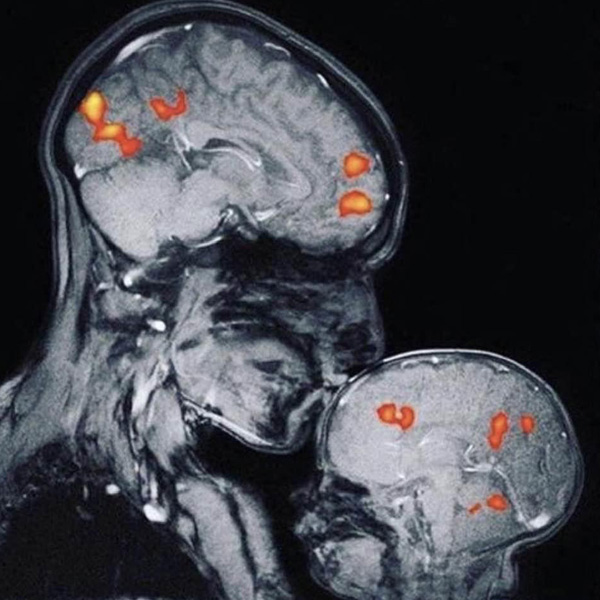
2 min read
“When souls become wicked they will certainly use this possibility to hurt one another, and this, perhaps, accounts for four-fifths of the sufferings of men. It is men, not God…” ~C.S. Lewis, The Problem of Pain p. 86
Does the pain really matter to anyone? To God? Does it? If someone, anyone, would have said this to me before age fifty, I would not have believed them. It not only would have felt or seemed untrue, but I would also have shouted some expletive at the top of my lungs. Think about it. Close your eyes. Picture the look on the faces of your fellow congregates or people walking down the street in need of hope, wearing their pain like a bad polyester suit.
When we see what looks like joy, one wonders if we are seeing authenticity or which person’s happiness on the outside is a mask hiding the pain the matters. On the other hand, I get the mask. I’ve worn it.
Bridging life and faith can be confusing, difficult, painful, impossible, even hopeless. Living in the Joy seems so out of reach and tiresome. We can be burdened of ‘faking it till we make it.’ It wasn’t until I learned about how trauma and adverse childhood experiences impact our brain function that I realized, ‘I’m not crazy, just wounded.’ To address this, I reluctantly pursued a relatively new therapy called EMDR—Eye Movement Desensitization and Reprocessing. I will get more into how this works in another post, but I’m here to say that I wasn’t a believer at first. I thought it was hokey, really hokey.
That was until I started feeling different, better, even experiencing hints of happiness with trickles of sunbeams trying to peer through the forest moments of joy. This therapy allowed me to process traumatic and adverse experiences that my brain wasn’t able to process let alone break my irrational thoughts and feelings.
As we process through each instance that impacts negative beliefs about core value and created identity, an identity that the enemy had slowly chips away at. In turn, he accuses us of the mess he and life had puts us in. It’s where he gets his joy and jollies. I know he was laughing at me at every step of the way.
We are able to discern lies from truth as we process each event. In my instance this included birth trauma, where I invited God into the pain these events and circumstances they impacted. The impact was far reaching. Our adverse childhood experiences not only influence our view of self, but also of God and others, negatively impacting every relationship. It can feel safer not to have friends. Instead, we can cement our feet into a sea of loneliness and disconnection, or perfection and narcissism, an isolation we would rather leave behind.
Even though not everyone needs EMDR [I sometimes wonder if we all can benefit in some way], if God says that his sheep hear his voice, then there must be a way, an experiential way, to connect with God. We can still take our ‘stuff’ and pain to God. He will heal us. He will teach us to hear that still small voice. We have to learn to discern the voices in our heads. And yes, we all notice them lingering in the background. We need to know the voice of God so we can recognize the counterfeit voice in his attempts to destroy us.
Our connection with God through his word and healing only happens when invited into those places. It is there that we are able to feel and see his love and experience the emotional and psychological healing that is so desperately needed. It was a painful process. But, to God, the pain mattered.
When Jesus said, “For God did not send his Son into the world to condemn the world, but in order that the world might be saved through him.” (John 3:17 ESV), he meant it. With each step in our healing, we can find a way to be able to receive his love.
It is imperative that our churches begin to feel comfortable with other people’s pain. I won’t get into here why I believe this is so prevalently lacking in the body of Christ. I only know that it has to change. We have to teach people how to invite God into their pain. Teaching others this necessary spiritual intimacy takes time, years. Often 3-5 years is a minimum. Have you ever had someone in your life say, “Hey, I’m willing to spend the next three to five painful years with you and love you unconditionally.” No? Me neither. Not until I was nearly 40 years old. Thank you, Jennifer!
We need healthy, non-behavior focused, mentors in the body of Christ. Personal healing is how we begin and can continue experiencing what it means to be a new creation. Saying or hearing ‘it’s over’ or ‘get over it’ only keeps people in their pain and doesn’t allow them to address it with the Healer and Comforter of our soul.
Be the mentor that someone needs. But first, you’ll need to unload your baggage at the feet of Jesus and draw close to God, and he will draw close to you [James 4:10]. Addressing the lies and distortions is necessary because we can only take people as far as we have gone in our healing journey. I pray you have someone to walk with you as well.


Leave A Comment